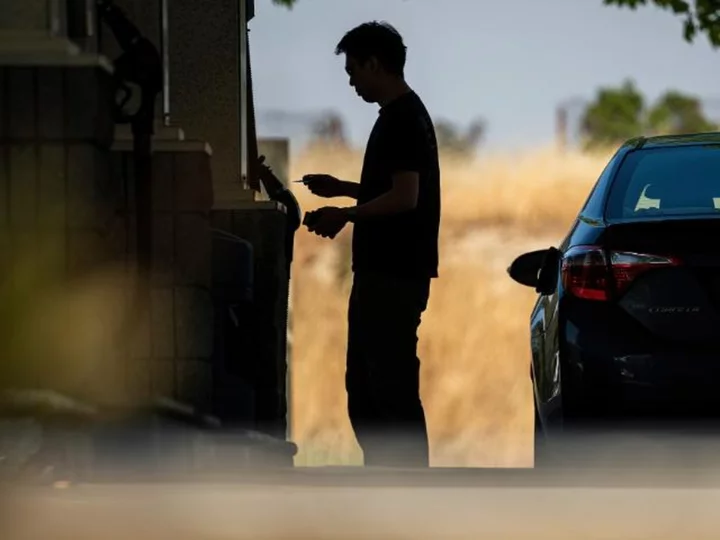
Why is inflation cooling — and why isn't it coming down more
May's closely watched Consumer Price Index showed Tuesday that inflation has been cut by more than half from last year's peak.
2023-06-13 21:49
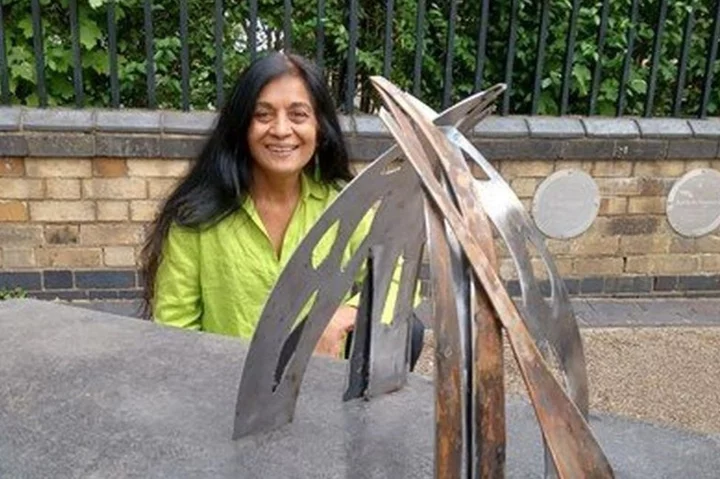
Ugandan Asian anniversary artwork to be installed in Leicester
The piece was commissioned to mark the 50th anniversary of Ugandan Asians reaching Leicester.
2023-08-15 14:46

Acclaimed composer Kaija Saariaho dies at age 70 of brain tumor
Kaija Saariaho, who wrote acclaimed works that made her the among the most prominent composers of the 21st century, has died
2023-06-03 06:55

Matt Wallace birdies every hole on back 9 in Dubai and ties European record
Matt Wallace has birdied every hole on the back nine at Jumeirah Golf Estates in Dubai
2023-11-18 20:26

Daniels and No. 22 LSU's offense is prolific again in a 48-18 win over Auburn
Jayden Daniels accounted for 418 yards and passed for three touchdowns, and No. 22 LSU raced to an early double-digit lead that it never relinquished in a 48-18 victory over Auburn
2023-10-15 11:24
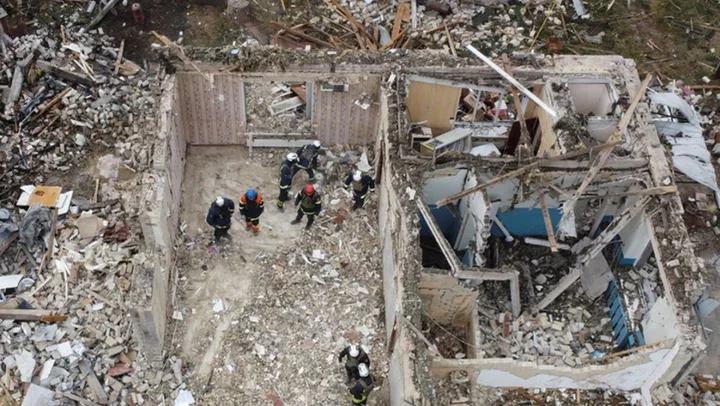
Scale of deadly Russian strike in Kharkiv village shown in drone footage
A Russian rocket blast reduced a village cafe and store in eastern Ukraine to rubble on Thursday 5 October, killing at least 51 civilians - including a six-year-old boy - in one of the deadliest attacks in the war in months. Drone footage shows the aftermath of the attack, where rescuers searched for survivors in the remains of the only cafe in the village of Hroza, located in the Kharkiv region. Around 60 people, including children, were attending a wake at the cafe when the missile hit, Ukrainian officials said. Volodymyr Zelensky described the strike as “a demonstrably brutal Russian crime” and the White House also condemned the “horrifying” attack.
2023-10-06 21:49
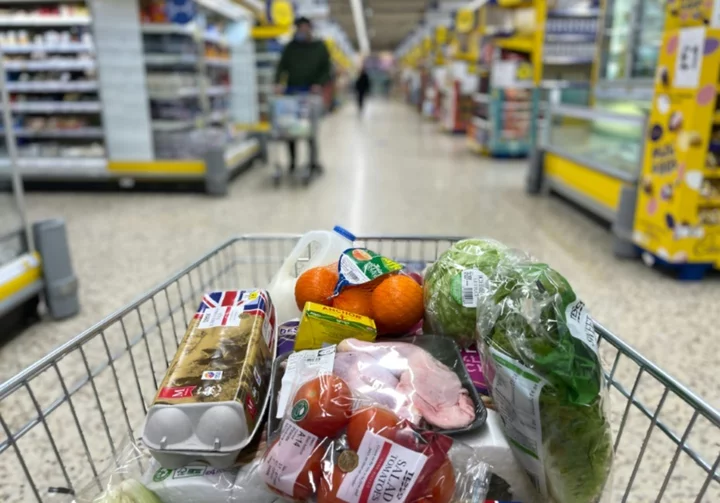
UK annual inflation drops under eight percent
Britain's annual inflation rate slowed more than expected in June as it dropped below eight percent, official data showed Wednesday...
2023-07-19 15:25

Videos show new details on how Hamas launched surprise assault on Israel
Armed militants from Gaza launched a surprise attack on Israel at dawn on Saturday, blasting holes in the border fence, killing an unknown number of Israeli soldiers and taking hostages, propaganda videos geolocated and authenticated by CNN show.
2023-10-09 11:26
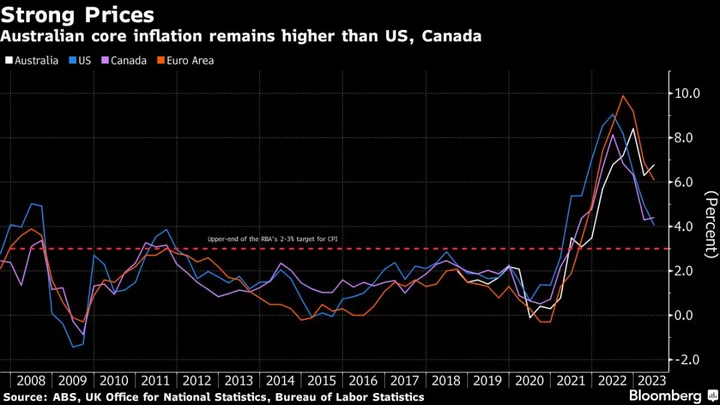
Australian PM Says Lowe, Others Being Discussed for RBA Governor
Australian Prime Minister Anthony Albanese is considering several candidates for Reserve Bank governor, including extending the term of
2023-07-05 14:26

Manchester United lurches from crisis to crisis. Will the club ever break out of its destructive cycle?
Saturday's 3-1 drubbing at the hands of Brighton at Old Trafford must surely be the low point of Erik ten Hag's time in charge of Manchester United -- and there have been a few of them.
2023-09-20 16:45

NFL rumors: Jadeveon Clowney open to returning to former team
Jadeveon Clowney would be open to returning to the Houston Texans after playing the last two seasons with the Cleveland Browns.While Jadeveon Clowney's two years with the Cleveland Browns were largely underwhelming, who says you can't go home?The former No. 1 overall pick out of So...
2023-05-22 04:22

'I'm not sure anyone would say that to a man': Nicole Kidman slams 'sexist' reporter for asking if she was still in love with ex-husband Tom Cruise
A journalist asked Nicole Kidman, 55, a possibly sexist question during a promotional event for 'Being the Ricardos', alleging that Kidman was still in love with Cruise
2023-05-17 12:55
You Might Like...

How tall is Halle Bailey? 'The Little Mermaid' star's super-high ponytail adds extra inches to her height

Adrian Paul Aispuro: Armed man who claimed to be part of Robert F Kennedy’s security detail arrested
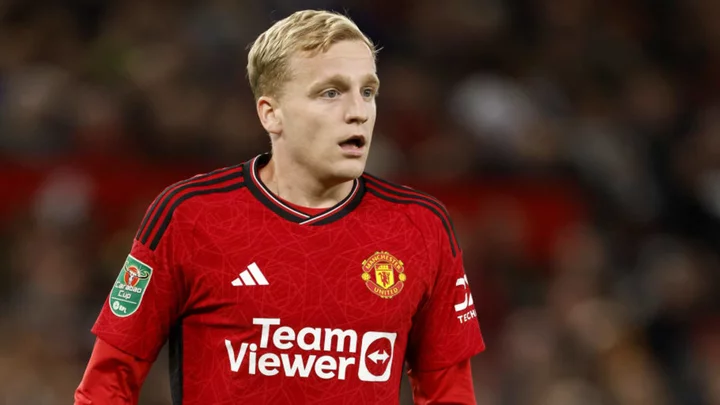
'I have to start playing soon' - Man Utd midfielder prepared to seek January exit

Deshaun Watson Was Benched During the Browns Game Against the Indianapolis Colts

Bills have little time to enjoy rout over Commanders with high-scoring Dolphins up next
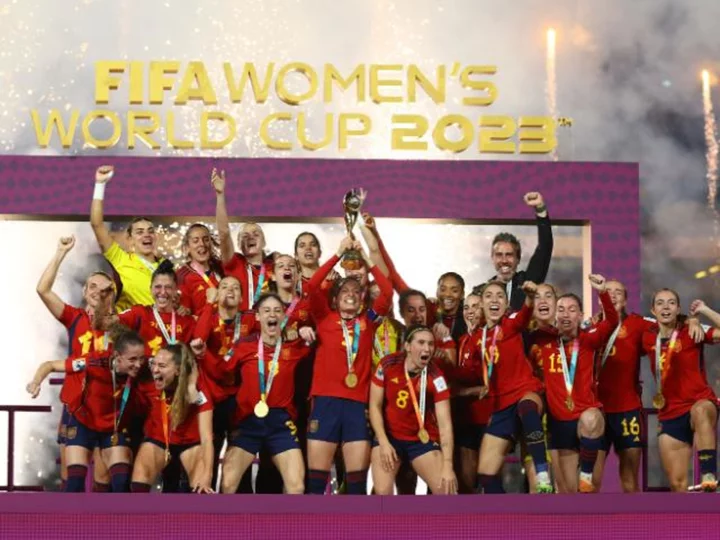
Fireworks on and off the pitch as FIFA prepares for women's football to 'explode'

What Deion Sanders adding Pat Shurmur means for Colorado football

Palestinian soccer team prepares for World Cup qualifying games against a backdrop of war
